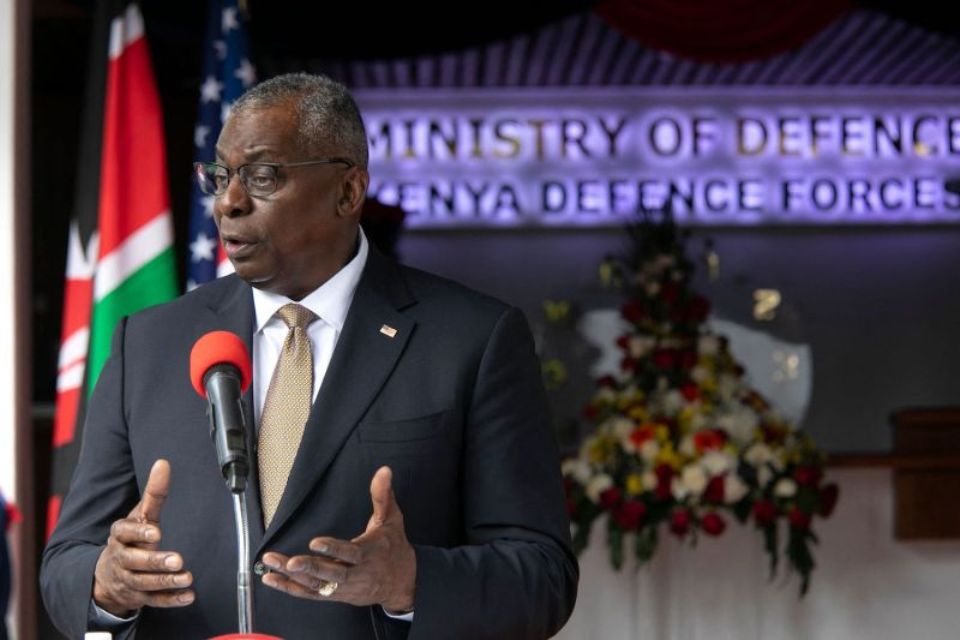US Defense Secretary Lloyd Austin has annulled a controversial pre-trial agreement involving the men accused of orchestrating the September 11, 2001 attacks. The decision, announced in a memo on Friday, also removes the authority of the officer who signed the agreement earlier this week.
The pre-trial deal, which reportedly would have spared the accused from the death penalty, faced backlash from victims’ families. The September 11 attacks, which killed nearly 3,000 people in New York, Virginia, and Pennsylvania, were the deadliest assault on US soil since the 1941 attack on Pearl Harbor. The attacks led to the “War on Terror” and the subsequent invasions of Afghanistan and Iraq.
In his memo, Austin identified five defendants held at Guantánamo Bay, Cuba, including Khalid Sheikh Mohammed, the alleged mastermind of the attacks. The original agreement involved only three of these men. Austin’s memo cited the need for his direct involvement in such significant decisions and withdrew the agreements signed by Brig Gen Susan Escallier.
“I have determined that, in light of the significance of the decision to enter into pre-trial agreements with the accused… responsibility for such a decision should rest with me as the superior authority,” Austin wrote. The White House confirmed it had not been involved in the plea deal.
The five men affected by the revocation include Khalid Sheikh Mohammed (KSM), Walid Muhammad Salih Mubarak bin Attash, Mustafa Ahmed Adam al-Hawsawi, and two additional suspects, Ramzi bin al-Shibh and Ali Abdul Aziz Ali. All have been in custody for years and have alleged torture, including waterboarding for KSM.
Family members of the victims criticized the plea deal as too lenient. Brett Eagleson of 9/11 Justice expressed deep concern, while Terry Strada, who lost her husband on 9/11, welcomed the revocation and the reinstatement of the death penalty as a possibility.
Lawyer Gary Sowards, representing Mohammed, expressed disappointment over the sudden reversal, questioning the government’s adherence to due process and fair play.
The men face numerous charges, including murder, terrorism, and hijacking. Recent negotiations had reportedly included requests for guarantees regarding solitary confinement and trauma treatment.
The revocation follows growing pressure from Republicans, including Speaker of the House Mike Johnson and South Carolina Senator Lindsey Graham, who praised Austin’s decision. The move also comes amid scrutiny of how the plea deal was reached, with House Armed Services Committee Chairman Mike Rogers demanding answers on the negotiations.
The Pentagon’s reversal marks a significant shift in the handling of one of the most high-profile terrorism cases in US history.


